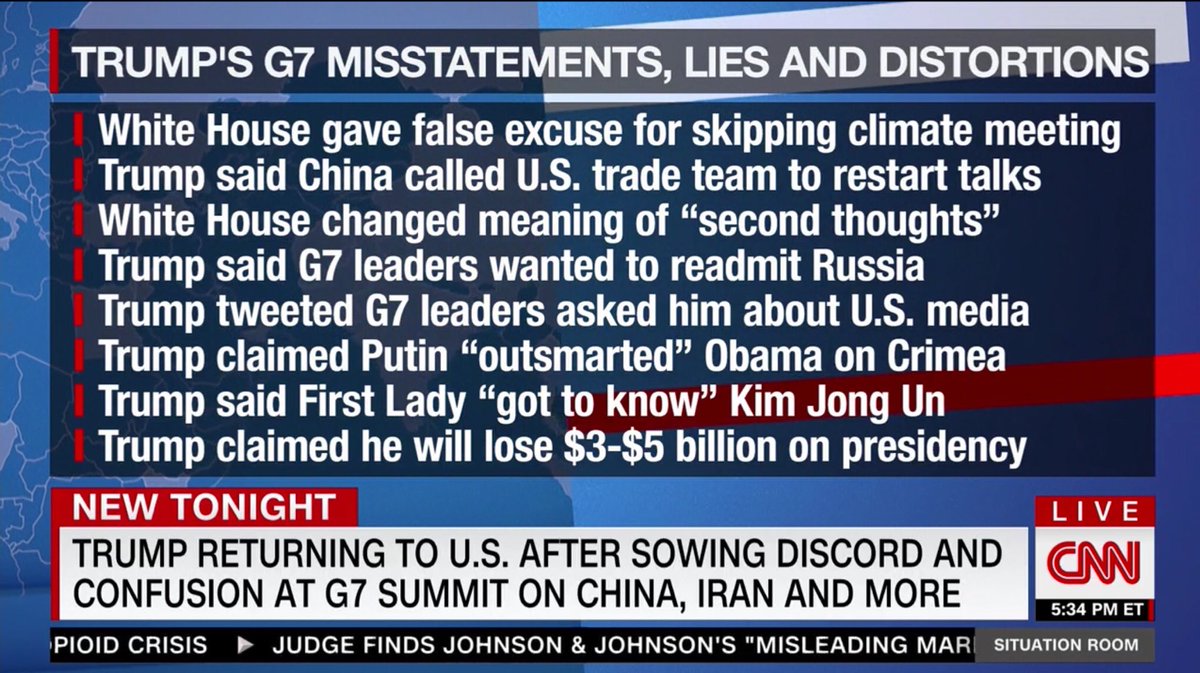Three stories:
A trade truce, dressed up as a deal? Trump asserted that the US & China have reached a phase one trade deal. The partial deal purportedly includes China buying more US agricultural goods. But, it hasn’t even been written down.
Three thought-provoking articles:
Have a great week!
The Ambassador’s Brief Editors







